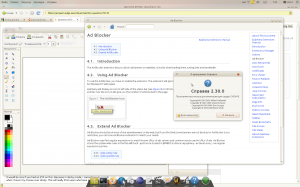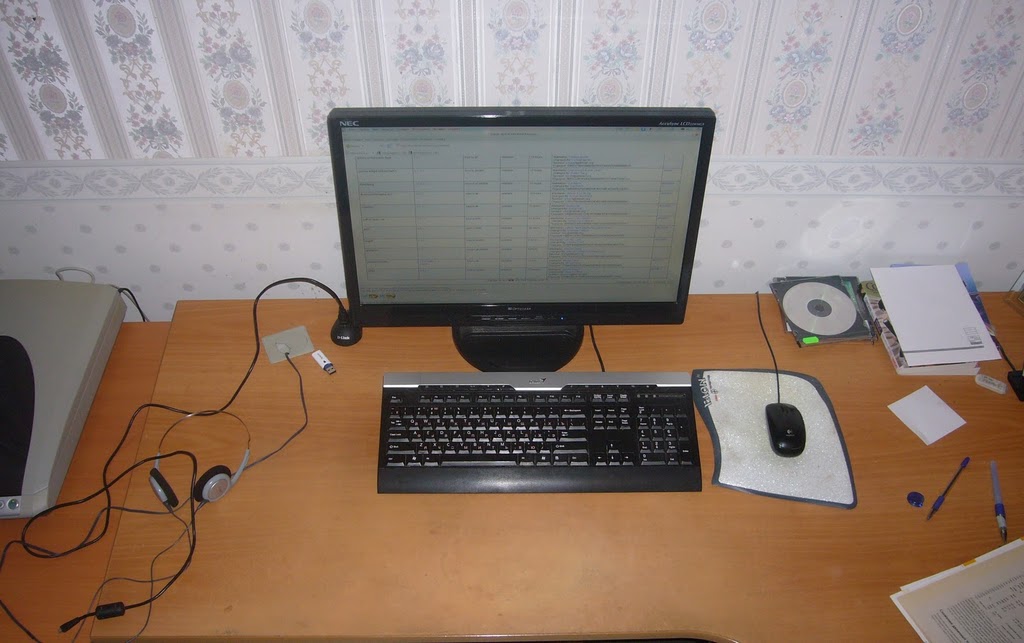 Recently, Benji York joined Canonical’s Launchpad team. I asked him a little about himself and his work.
Recently, Benji York joined Canonical’s Launchpad team. I asked him a little about himself and his work.
Matthew: What do you do on the Launchpad team?
Benji: I work on the Foundations team. Right now I’m concentrating on the web service APIs and improving the OpenID integration.
Matthew: Can we see something that you’ve worked on?
Benji: There’s not much to see yet. Most of my changes thus far have been bug fixes or purely internal.
Matthew: Where do you work?
Benji: I work from my home in Virginia, USA.
Matthew: What can you see from your office window?
Benji: Just the shrubs that border my lawn. Once the weather cools off a bit I want to try working from the wifi-covered park/beach near my house.
Matthew: What did you do before working at Canonical?
Benji: I worked at Zope Corporation for about 6 years, most of that time as the team lead for their main product. Before that I worked in the automotive industry, mostly writing supply chain and manufacturing software.
Matthew: How did you get into free software?
Benji: I think the first piece of open source software I used to any degree was Python 1.5. Since then open source software has slowly taken over almost every niche of my computing world.
Matthew: What’s more important? Principle or pragmatism?
Benji: Pragmatism. If a thing doesn’t do what it needs to do, it’s not worth much.
However, I believe that principles are there to help us be pragmatic in a scope larger than the immediate moment. It’s not pragmatic in the long term to skimp on good design or testing just to get something out the door. Any good principal is grounded in pragmatism.
Matthew: Do you/have you contribute(d) to any free software projects?
Benji: When I was in college the console (NES, SNES, Genesis, etc.) emulation scene exploded and I had a side project that let people connect console controllers to their PC. I was approached by one of the Linux input device guys about contributing some of that code. That was my first open source contribution.
Since then I’ve made large and small contributions to dozens of open source projects. Most of those have been in the Zope ecosystem.
Lately I’ve put most of my open source hacking time into Manuel, a system for writing better tested documentation and better documented tests — it’s sort of a spiritual successor to Python’s doctest.
Matthew: Tell us something really cool about Launchpad that not enough people know about.
Benji: I’m sure most readers of this blog will know, but I didn’t know that the Launchpad and Bazaar integration is as nice as it is. Being able to branch from LP, make changes, mark the branch as fixing a particular bug, push the branch to LP, view the diffs online and then generate a merge proposal that will be automatically emailed to reviewers is very convenient.
Matthew: Is there anything in particular that you want to change in Launchpad?
Benji: I’m not familiar enough with LP yet to have strong feelings about changing it. Give it a few months and I’ll be plenty opinionated.
[Discuss Benji York’s Interview on the Forum]
Originally posted by Matthew Revell here on Thursday, July 29th, 2010 at 12:44 pm
 Except where otherwise noted, content in this issue is licensed under a Creative Commons Attribution 3.0 License BY SA
Except where otherwise noted, content in this issue is licensed under a Creative Commons Attribution 3.0 License BY SA 

